By Our Political Editor
On 06 May 2025, Sri Lanka will head to the polls again for local government elections that may prove more consequential than anticipated. With 17.1 million voters eligible to cast their ballots, this marks the third national-level election in just six months, and voter fatigue is clearly setting in.
While democratic participation is the backbone of any republic, too many elections in quick succession can breed disinterest. Voter apathy is expected to rise as large public sections grow weary of promises and political battles. Despite this, the upcoming vote will be a crucial checkpoint for the government led by President Anura Kumara Dissanayake and the ruling JVP-led National People’s Power (NPP) alliance.
The numbers are precise, and so are the stakes. In the Presidential election on 21 September 2024, Anura Kumara Dissanayake received 5.6 million votes in the first round to win the presidency. In the Parliamentary election held on 14 November 2024, the JVP-led NPP secured 6.8 million votes, giving them a commanding two-thirds majority in Parliament. If the JVP-led NPP can reach that 6.8 million mark again in this local government election, it will serve as a resounding mandate, reaffirming the public’s trust in the administration.
However, if the vote count drops below 5.6 million, it will signal more than electoral fatigue, reflecting a decline in support for the AKD government. A poor showing could fuel narratives that the government’s popularity is waning faster than expected, and its early momentum is slipping away. Such an outcome could impact the administration’s credibility and control as it attempts to push difficult reforms in a fragile economy.
President Anura Kumara Dissanayake clearly understands the significance of this moment. Over the past month, he has taken to the campaign trail with energy and commitment, travelling across the country to meet voters and explain the government’s goals. From rural towns to urban centres, his message has remained consistent: this election is not just about local councils; it’s about protecting the mandate for change.
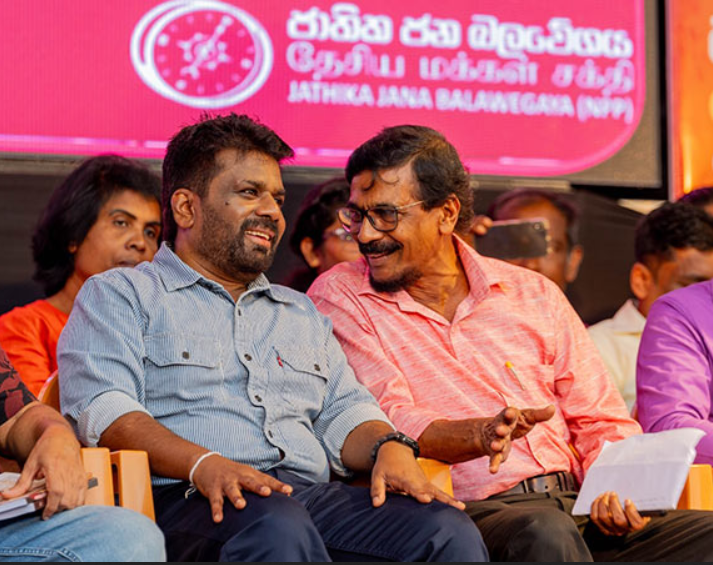
He is not alone. Tilvin Silva, the General Secretary of the Janatha Vimukthi Peramuna (JVP), has also been heavily involved in the campaign, rallying support and reinforcing the government’s narrative of transformation and accountability. Both leaders and many others in the ruling coalition have boldly claimed that the JVP-led NPP will outperform even their parliamentary victory in November 2024.
But expectations come with pressure. The ruling coalition has raised the bar by projecting confidence in a bigger win. Anything less could be spun as a loss, even if the party wins a majority of councils. The gap between public perception and political reality is now razor-thin.
Meanwhile, the opposition is deeply divided and struggling to present a united front. The United National Party (UNP) and the Samagi Jana Balawegaya (SJB) have failed to form a coherent alliance, and smaller parties are scattered in focus. Their campaign message is to vote to teach the government a lesson. It is a risky bet, relying more on discontent and disillusionment than on a clear alternative vision. For the opposition, a miracle is their only hope, a protest vote big enough to jolt the government and shift the political mood.
This election is more than just about seats in local councils. It will open the doors to many new realities. A decisive win for the NPP will cement the government’s authority and give it a clearer runway to implement policy without internal hesitation. It will prove that the people are still aligned with the President’s direction and that the reforms, though rigid and slow, are being accepted.
However, a weak result will send tremors through the ruling coalition, especially below the 5.6 million threshold. It will embolden critics, shake internal confidence, and invite more vigorous opposition from inside and outside Parliament. That political blow would be hard to recover from in a time of economic uncertainty, international pressure, and rising public expectations.
For the people of Sri Lanka, this vote is not just another trip to the polling station; it is a chance to reflect and make a decision. Are they still backing the promise of a new political era led by AKD? Or are they beginning to question whether that promise is being kept?
Sri Lanka is deciding again; this time, the result will echo beyond local council chambers. It will define the shape of the country’s political stability, its reform path, and the credibility of its leadership for years to come.
Whether the voters come out in strength or stay home in silence, the message they send on 06 May 2025 will be remembered. And for better or worse, it’s time the country faced that reality.


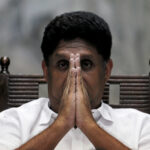

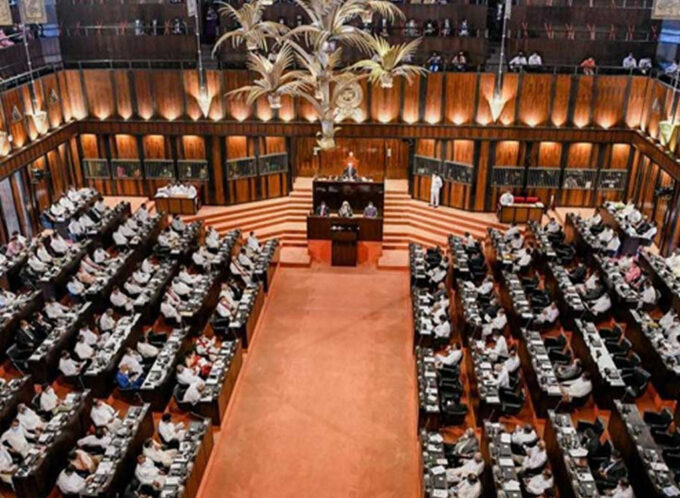

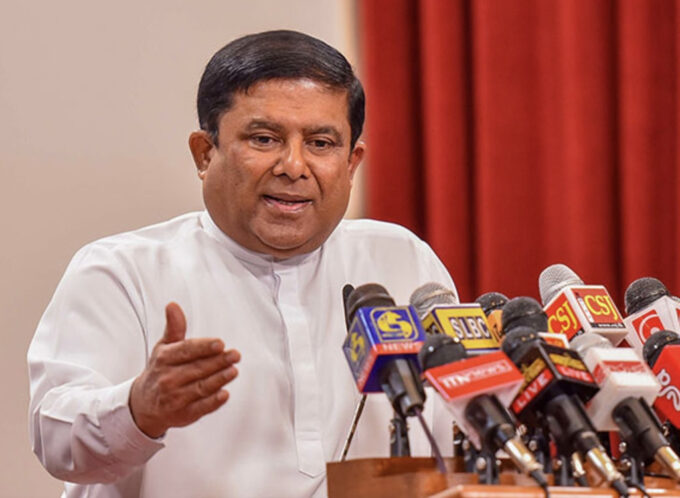

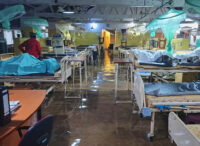
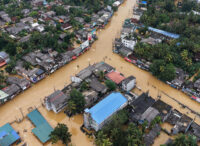
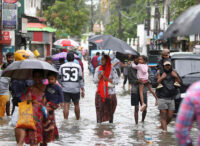
Leave a comment